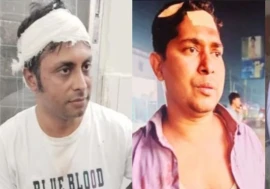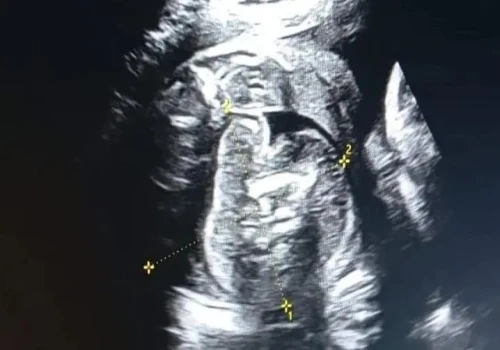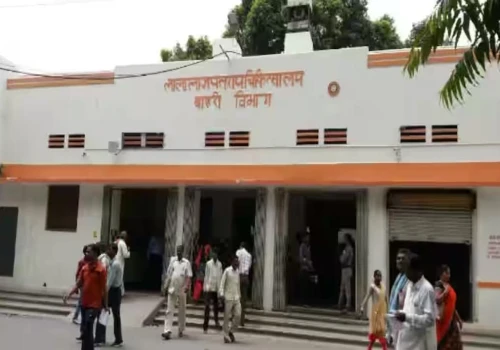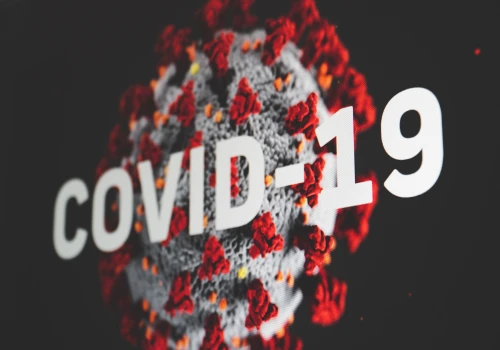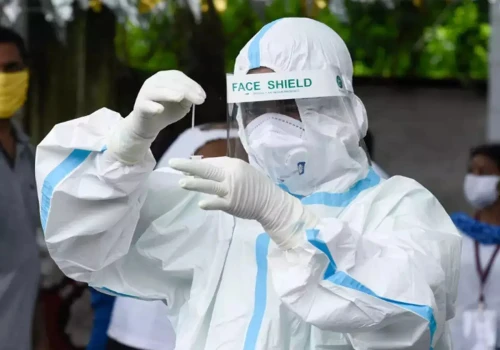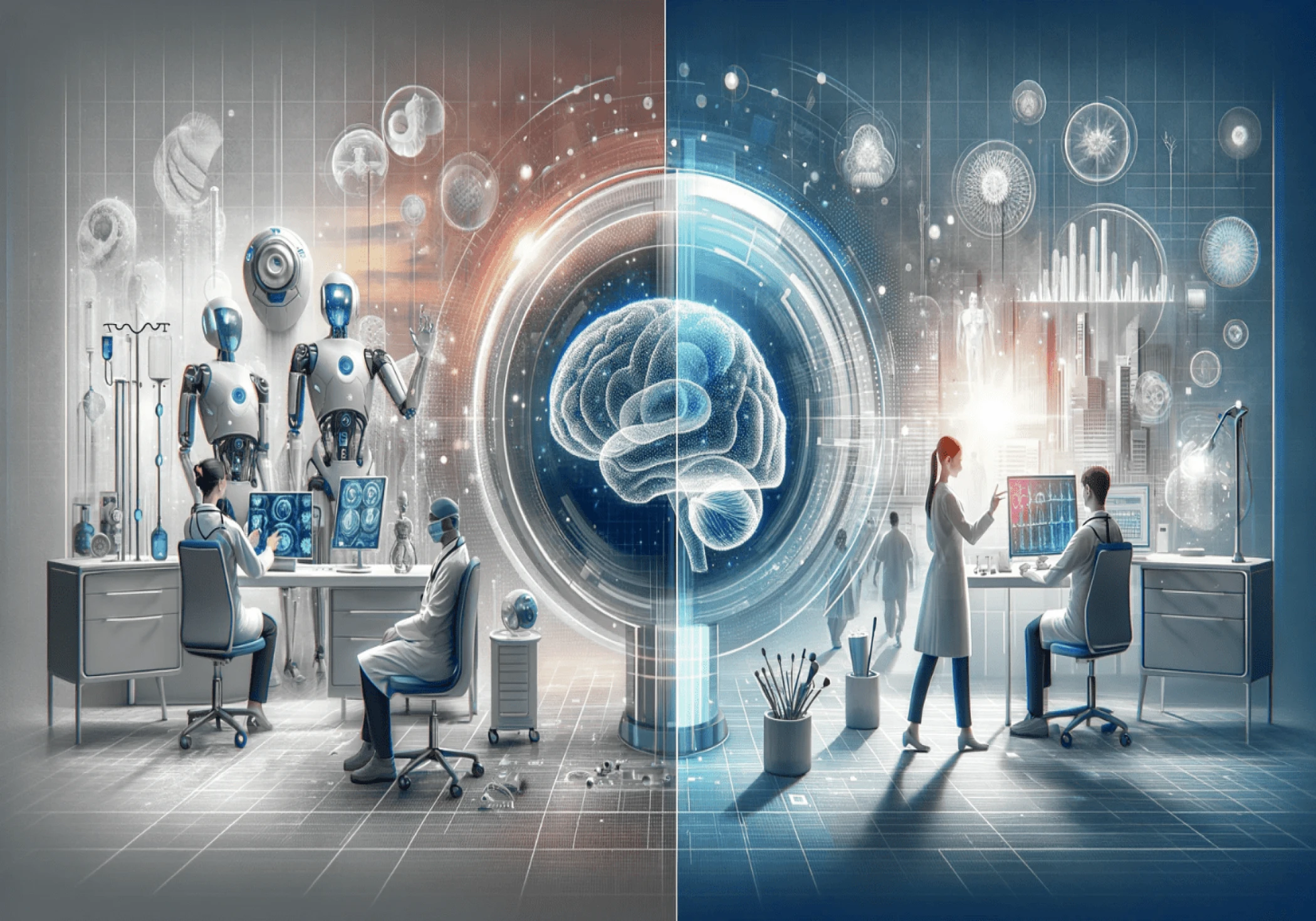
Patna, June 1 – In a groundbreaking move that promises to reshape the healthcare landscape of Bihar, AIIMS Patna has partnered with the Ministry of Health and Family Welfare’s e-health division to integrate advanced AI-powered medical technologies. The initiative aims to enhance diagnostic accuracy, treatment efficiency, and accessibility—bringing quality healthcare to both urban hospitals and the most remote corners of the state.
AIIMS Patna has already procured and deployed state-of-the-art AI-enabled devices across several departments. These tools are now assisting doctors in diagnosing complex diseases through imaging techniques such as X-rays, MRIs, and CT scans. Dr. Sanjiv Kumar, Head of Cardiothoracic Surgery, highlighted the value of these technologies, stating, “AI is proving to be indispensable in detecting conditions like cancer, cardiovascular diseases, and neurological disorders. It recognizes subtle patterns in scans that even experienced clinicians might miss, resulting in faster and more accurate diagnoses.”
The hospital has also introduced robotic surgeries in its orthopedic department, marking another major stride in modern medical intervention. These AI-assisted procedures allow for greater surgical precision, reduced human error, and quicker recovery times—significantly improving patient outcomes.
But the impact of AI is not confined to the operation theaters of Patna. The Bihar state health department has launched an ambitious rural outreach program aimed at combating tuberculosis (TB)—one of the region’s deadliest yet preventable diseases. Using mobile X-ray vans equipped with AI-powered diagnostic kits, healthcare teams will screen nearly 200,000 individuals across rural districts. This comes in response to alarming statistics—over 10,000 TB-related deaths recorded in the past two years alone.
Dr. Pramod Kumar Singh, involved in spearheading the initiative, noted that AI's role goes beyond detection. “AI can analyze patient data and suggest personalized treatment protocols, making therapies more effective and reducing the risk of relapse,” he said.
Dr. Satish Kumar from Nalanda Medical College and Hospital (NMCH) added his voice in support of AI expansion. “We must integrate these tools across all state health centers. Early diagnosis through AI will ease the load on overcrowded hospitals and make healthcare delivery more proactive,” he stated.
What sets this development apart is its inclusive and scalable nature—merging high-tech innovation with on-the-ground healthcare delivery. By focusing equally on hospital upgrades and rural outreach, Bihar is setting a model for accessible, intelligent, and humane medical care.


